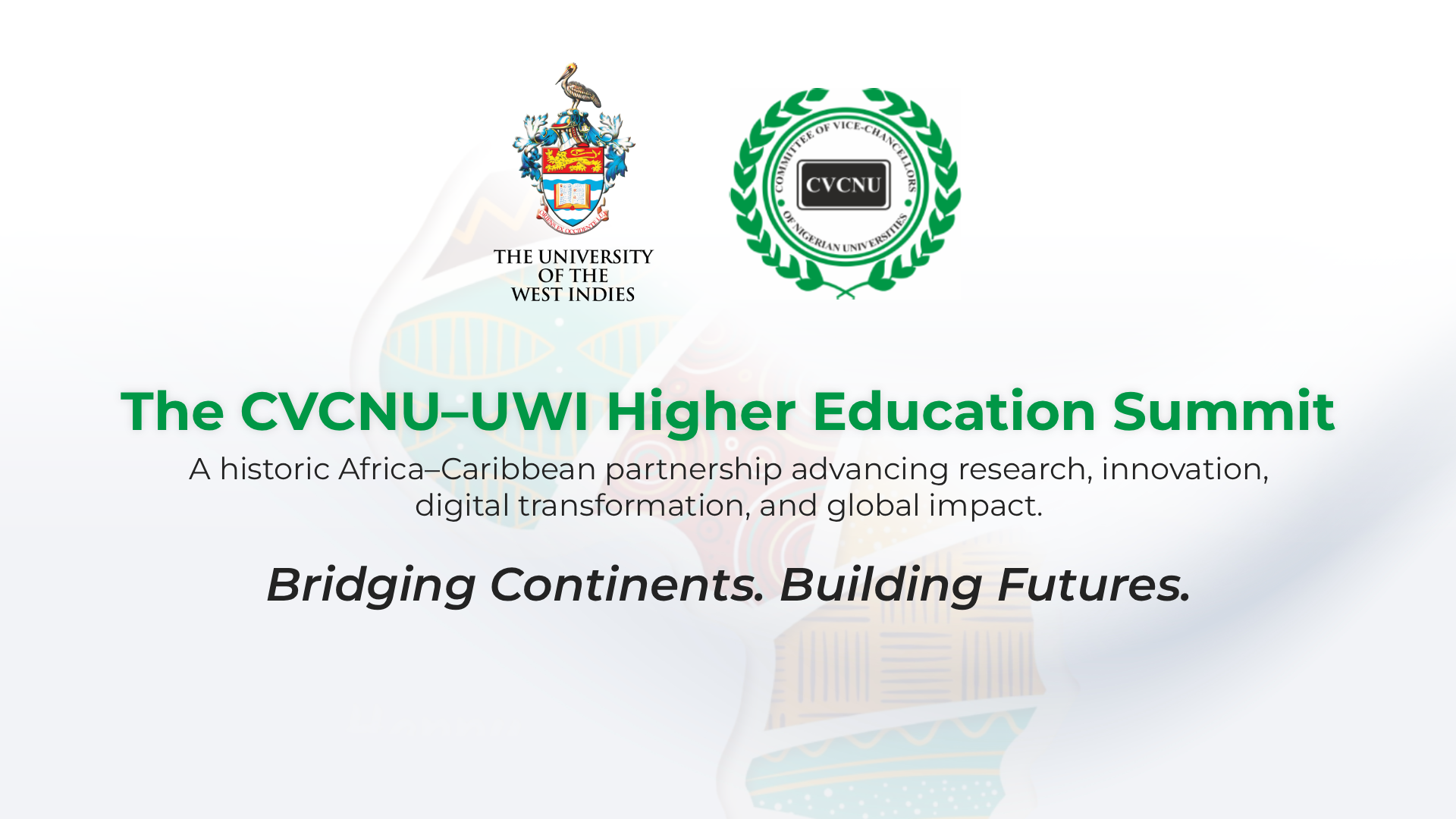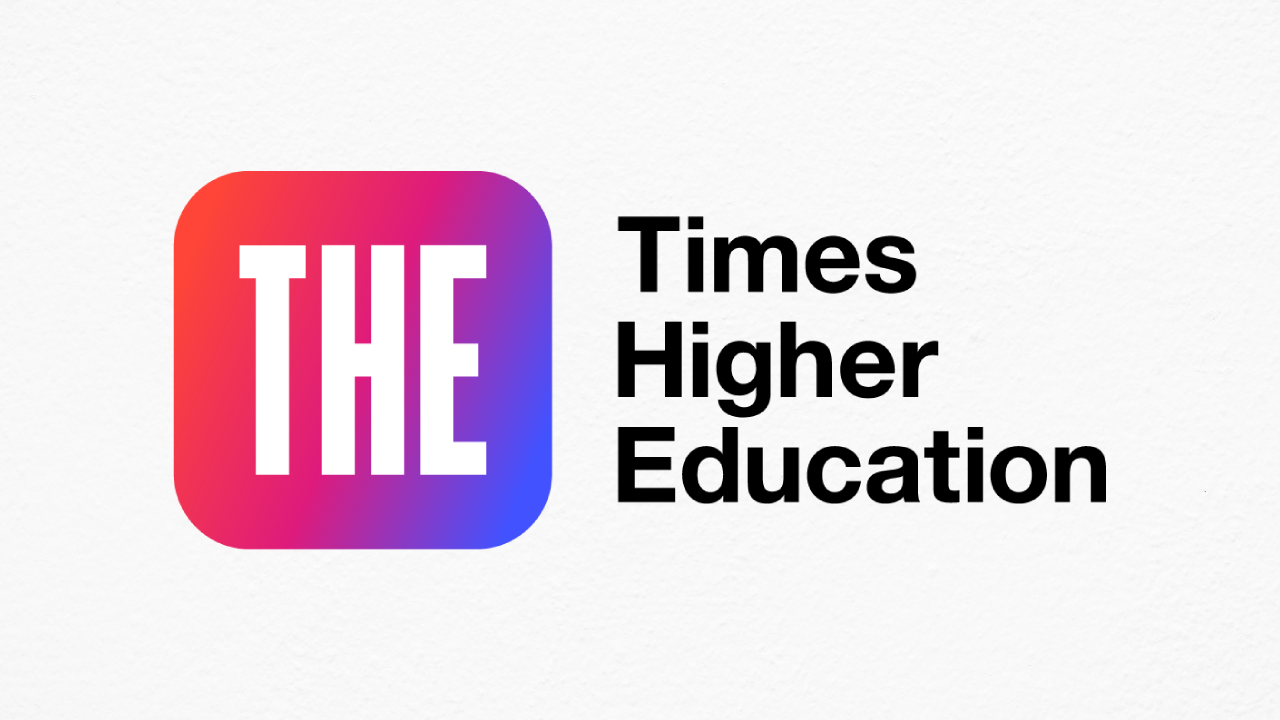
At the 4th International Conference on Small Island Developing States (SIDS4) in Antigua and Barbuda, The University of the West Indies (The UWI) represented the region with over 25 leaders and academics participating. Showcasing the regional university as a leading global authority on SIDS, the interdisciplinary experts played a pivotal role, contributing to critical dialogues and solution-driven strategies to address pressing issues affecting SIDS.
The hosting of SIDS4 in the Caribbean was a landmark event that underscored the urgent need for an international effort to tackle the unique and often overlooked challenges faced by the islands in the face of climate change. Key takeaways from The UWI experts include:
The importance of deep-sea ecosystem exploration
Professor Dale Webber, Director of the Centre for Marine Sciences at The UWI, Mona Campus, noted the importance of exploring deep-sea ecosystems, which have been largely unexplored by SIDS. “SIDS, especially in the Caribbean, have seldom had opportunities to explore, with profundity, our deep-sea ecosystems. Enhancing our deep-sea science capabilities through the International Seabed Authority’s capacity development and institutional strengthening contributions would be extremely beneficial. This knowledge is crucial for sustainable resource management and conservation.”
The power of data and digital technologies for resilience
Professor Michelle Mycoo is Programme Coordinator of the Urban and Regional Planning Programme at the Department of Geomatics Engineering and Land Management, The UWI St Augustine Campus, member of THE SIDS Liaison Committee of the International Science Council and Vice President of UNESCO’s Scientific Advisory Committee of the Management of Social Transformations Programme. An advocate for using the Climate Vulnerability and Resilience Index, she emphasised the power of data and digital technologies. Still, she noted that research and data gaps related to the informal sector needs to be addressed. She also recognised that adaptation must be quantified for its efficacy and social cost benefit to better understand the region’s capacity to move toward resilience.
The declaration’s call for fostering international collaboration
Professor Mark Wuddivira, Dean, Faculty of Food & Agriculture, St. Augustine Campus, is also President of the Caribbean Academy of Sciences and served as a member of the International Science Council (ISC) SIDS Liaison Committee. Commenting on the declaration from the launch of the SIDS4 Conference, he said, “It speaks to the heart of what we strive for in Large Ocean States. Our resilience and ingenuity are vital as we face unique challenges. Investing in science and technology and fostering international collaboration can transform our vulnerabilities into strengths and lead all islands toward a more prosperous future. This declaration is a rallying cry for unity, innovation, and progress.”
A call for aligning education and the blue economy
Dr Branson Belle, Director of the Centre of Excellence for Oceanography and the Blue Economy at The UWI, Five Islands Campus, stressed the importance of aligning educational objectives to maximise the impact of partnerships and capacity development opportunities. “Leveraging partnerships in education and research is critical to enable SIDS to participate and benefit from opportunities arising from the emerging blue economy.” This approach will ensure that SIDS can effectively engage in and benefit from the blue economy’s growth.
The need for better intellectual property protection
Dr Legena Henry, from The UWI Cave Hill Campus, highlighted the need for better intellectual property protection for innovators from small islands. She noted, “Ensuring that local innovations are safeguarded and creators can benefit from their work is crucial.”
The need for climate finance and academic institutions to support research and education
Dr Preeya Mohan, Senior Research Fellow at The UWI St. Augustine Campus, highlighted the critical role of climate finance in empowering academic institutions. She highlighted how funding can support vital research and educational programmes on climate change, such as the MSc in Climate Studies at The UWI. Dr. Mohan stated, “Access to climate finance can empower academic institutions like The UWI in the climate fight. Funding can support our vital research and develop educational programmes on climate change for students, communities, and policymakers.” She also pointed out that such funds can foster collaborative projects with local communities, promoting knowledge exchange and regional solutions.”
The quality of our existence hinges on establishing strong economies
Dr Ronald Roopnarine, Senior Lecturer, Faculty of Food & Agriculture, St. Augustine Campus said, “The adoption of the Antigua and Barbuda Agenda for SIDS (ABAS) marked a significant advancement, securing tangible financial commitments from developed nations to support sustainable development and enhance climate resilience in Small Island Developing States. This assistance is vital for our survival, yet we must aspire to more than mere subsistence. The quality of our existence hinges on establishing strong economies. While developmental aid is welcomed, building resilient economies is vital. At a regional level, we must also examine our own contributions to the challenges we face. Although climate change is a major concern, it is not the only factor that has changed over the past 30 years. Our approaches to managing, developing, and utilizing resources have, in many ways, compounded the impacts we are experiencing.”
More collaboration needed in climate litigation
In her reflections, Dr Jan Yves Remy, Director of the Sir Shridath Ramphal Centre at The UWI, Cave Hill Campus, underscored the need for cross-sectoral collaboration to advance the green trade agenda, stating, “Climate people need to talk to shipping people, need to talk to people in the environment, need to talk to people in the trade.”
Better capacity building to get to EUR 300 billion
Christian Virgil, PhD Student in the Department of Mechanical and Manufacturing Engineering, The UWI St Augustine Campus, highlighted the fact that approximately EUR 300 billion in funding is needed to address the adaptation deficit and that while, as a matter of climate justice, the international community must accelerate efforts to make funding available to vulnerable SIDS, “Equally important is the need for SIDS to build the capacity to absorb adaptation funding as it becomes available. Securing these funds while simultaneously developing local institutional capacity is essential for fostering resilience to the impacts of climate change.”
The SIDS4 Conference underscored the need for continued collaboration, funding, and innovative approaches to address the unique challenges faced by small island developing states in the fight against climate change. The UWI remains at the forefront, driving research, education, and policy development to support these efforts.
Steadfast in its strategic agenda to drive regional climate action specifically, the University will advance several initiatives aimed at fostering climate science competencies and promoting networking with regional and international partners. A Caribbean Climate Science Workshop Series is set to take place at The UWI Mona Campus from June 10 to 21, 2024. The series comprises: a Detection and Attribution Science Workshop (June 10-14); Climate Information Education and Tools (CLIE’nT) Workshop (June 17); and Caribbean Summer Workshop on Introductory Modelling (CSWIM) (June 18-21). Looking ahead, The UWI’s Global Institute for Climate Smart and Resilient Development (GICSRD) is planning a Climate Education Summit later this year. This summit will focus on formal and informal climate education initiatives across schools and higher education institutions.



